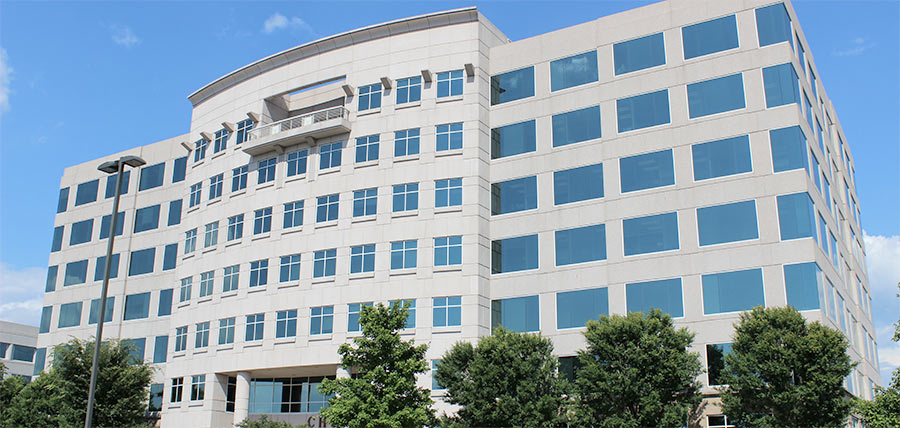Press Release
Nation’s Largest Nurse's Union Calls for Ouster of Wayne T. Smith, CEO of Community Health Systems Hospital Chain

National Nurses United, the nation’s largest union of registered nurses, calls for the ouster of Wayne T. Smith as CEO of Community Health Systems (CHS), in a new report titled, Other People’s Money: How CEO Wayne Smith gambled away the future of CHS at the expense of patients, investors, and communities.
Release of the new report, which chronicles Smith’s mismanagement of CHS, is scheduled to coincide with the corporation’s annual stockholder meeting to be held May 14 in Franklin, Tennessee.
“Based on a review of Smith’s tenure as CEO, it appears that his primary goal has been to enrich himself at the expense of patients, and the corporation’s assets,” said National Nurses United President Zenei Cortez, RN. “The CHS board must put an end to Smith’s flagrant mismanagement. Rather than squander money on bloated bonuses the board must direct new leadership to reinvest in the hospitals that CHS has let fall into terrible disrepair.”
At the upcoming stockholder meeting the CHS board has proposed a resolution to reward Smith with a compensation package quadrupling last year’s bonus pay, despite massive losses to shareholders and untold hardship in the communities exploited by CHS. In the report, nurses express strong opposition to the CHS board resolution to reward Smith’s appalling mismanagement stating that, “approving the proposal would be an astonishing endorsement of a corporate leader working only for himself.”
The new report describes CHS’ strategy, under CEO Smith, of operating as a sole provider in small, non-urban markets, where lack of competition enabled their charging some of the highest healthcare prices in the industry while investing as little as possible in infrastructure, staffing and supplies. The strategy also included dropping critical services altogether if found unprofitable. From 2002 to 2015, CHS reduced or eliminated emergency rooms, trauma centers, obstetric services, labor and delivery services, pediatrics units, psychiatric units, and medical detox units at hospitals throughout the country. Due to CHS’ rural model, many of these services were the only ones available for miles, placing particular hardship on non-urban residents.
The report also documents:
- In addition to service reductions, CHS has been a national leader in hospital closures. Many of these hospitals are in non-urban locales where the economic impact of losing a hospital—often the largest source of professional employment in these locations—can be felt throughout a community for years.
- CHS closed four hospitals between 2014 and 2018 in Tennessee, the state that has in the past decade, lost the most hospitals per capita in the nation. At least two of these hospitals were closed in areas federally designated as “Medically Underserved Areas,” and all provided highly utilized emergency, surgical, and other specialty services.
- During CHS’ highest performing years, prices charged at its hospitals ranked among the highest in the nation. Today, CHS holds the #2 spot, owning 15 of the nation’s 50 most expensive hospitals, that is, hospitals that charge the most in relationship to the actual cost of services.
- Factors leading to CHS’ financial downturn, including Smith’s decision to take on $9 billion of debt to acquire Triad Hospitals in 2007, followed by the 2014 acquisition of HMA, increasing its already-huge debt to $14 billion, a billion more than its 2013 net operating revenues.
- The CHS board consistently rewarding CEO Smith with excessive compensation despite the company’s poor performance. In March 2019, while reeling from CHS’ $788 million loss the previous year, which ended with share values near their all-time low, $2.80, shareholders learned that Smith would be awarded a 42% raise for his performance in 2018, for a total of $7 million.
“As a nurse I can attest first-hand to the devastating consequences CHS’ acquisition has had on our community hospital,” said Brenda Meadwell, RN, Bluefield Regional Medical Center (BRMC), Bluefield, West Virginia. “Bluefield city officials moved forward with the sale believing CHS’ promises to invest in needed improvements and retain all staff, but after taking control they immediately cut staff and closed certified beds. Today the permanent staff is half what it was at the time of purchase, short staffing is chronic, and there is an ongoing lack of adequate supplies.”
“I will be attending the annual shareholder meeting, both as a shareholder and a nurse at a CHS-affiliated hospital, to make sure that other shareholders and the board understand what is happening at the hospitals they are responsible for,” said Meadwell. “It is wrong to reward CEO Smith with a lavish compensation package, as the value of CHS stocks plummet alongside the plummeting quality of patient care at the chain’s hospitals.”
Registered nurses at Bluefield Regional Medical Center in West Virginia, and several other hospitals affiliated with Community Health Systems (CHS), voted to affiliate with National Nurses Organizing Committee/National Nurses United (NNOC/NNU) in 2012, in response to management’s continued failure to improve patient care conditions. CHS engaged in rampant and serious unfair labor practices in an attempt to weaken support for the union and forestall reaching initial collective bargaining agreements. The NLRB has upheld numerous unfair labor practice charges filed against the hospitals by NNOC/NNU and three US District Courts issued injunctions in response to the employer's unlawful conduct early in contract negotiations with RNs.